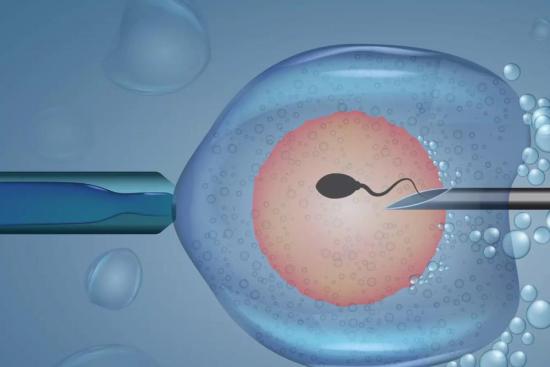For many couples confronted with infertility, IVF-ICSI has opened the door to possibilities once thought unattainable. By enabling fertilization through the direct injection of a single sperm into an egg, this innovative reproductive technology has dramatically improved pregnancy outcomes, even in the most complex cases of male infertility. In Turkey, IVF-ICSI has become a cornerstone of advanced fertility treatment.
Cost of intracytoplasmic sperm injection (ICSI) in Turkey
The cost of ICSI in Turkey is considerably more affordable than in many other countries, without compromising medical quality. On average, a single ICSI cycle costs between $2,900 and $3,800, a price that typically includes medications, medical procedures, and comprehensive monitoring throughout the treatment.
You can now request a personalized quote from the Turquie Santé team to receive detailed information on all required procedures and associated services.








